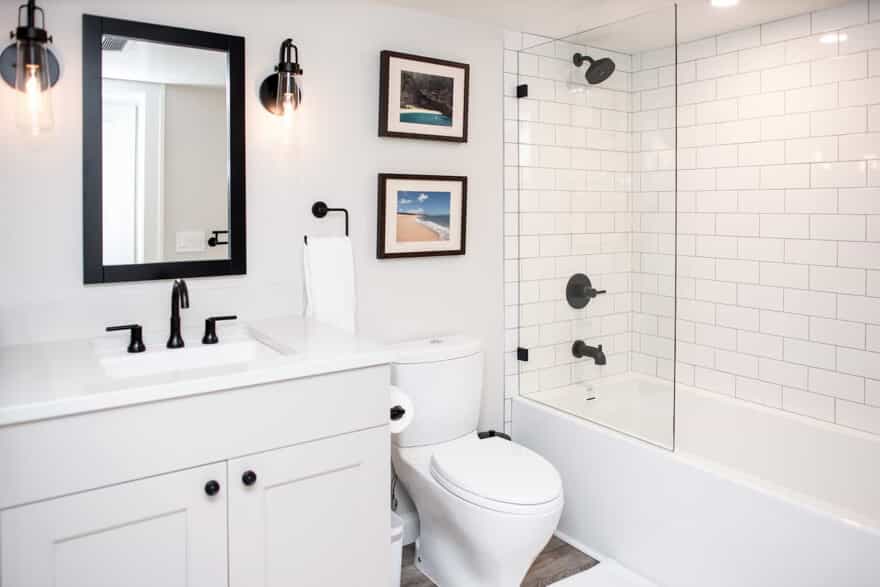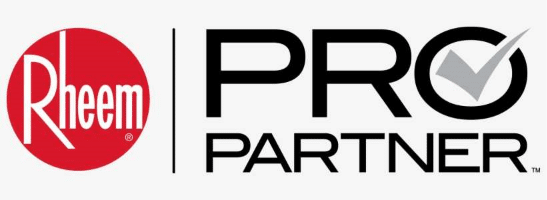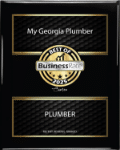
How can eco-friendly plumbing solutions reduce energy consumption and promote a greener lifestyle?
When it comes to plumbing, choosing eco-friendly services benefits both the environment and your long-term well-being. In this blog, we explore the eco-friendly solutions offered by My Georgia Plumber, such as water filtration systems and tankless water heaters, which promote sustainability and a healthier home environment. We’ll also discuss the dangers of hard water, signs that your water heater needs maintenance, areas prone to plumbing issues, and the advantages and disadvantages of tankless water heater systems.
-
Eco-Friendly Services to Consider: Sustainable Solutions for Your Home
At My Georgia Plumber, we offer a range of eco-friendly services, including:
- Tankless Water Heaters
- High-Efficient Tank Type Water Heaters
- Electric Heat Pump Hybrid Water Heaters
- Low-Flow Faucets & Fixtures
- Dual-Flush & High-Efficient Toilets
By opting for these services, you can reduce water and energy consumption while promoting a greener lifestyle.
-
The Dangers of Hard Water: Understanding the Effects
Hard water, characterized by high mineral content, can have several detrimental effects:
- Film: Hard water combines with soap to form soap curd, leaving a film on your skin, hair, shower walls, and bathtub.
- Washing Problems: Hard water can make clothes rough, wear them out quickly, and leave a residue on dishes, making cleaning difficult.
- Efficiency and Limescale: Hard water’s sediment buildup can reduce the efficiency of hot water heaters and other water-heating appliances, leading to increased energy consumption.
-
Signs Your Water Heater Needs Maintenance: Preventing Costly Issues
Regular maintenance of your water heater can prevent potential problems. Look out for these signs:
- Rusty or Brown Water: Discolored water indicates impending water heater failure.
- Unusual Smells: Metallic odors suggest your water heater is deteriorating.
- Sediment Buildup: The presence of sediment in the water points to a deteriorating heater.
- Unusual Noises: Popping or unfamiliar sounds may indicate mineral buildup and imminent failure.
- Leaks: Leakage demands immediate replacement to prevent further damage.
-
Plumbing Issues: Areas to Watch Maintaining a Healthy Plumbing System
Four main areas of your home are prone to plumbing issues:
- Kitchen: Leaky faucets, busted pipes, and appliance-related threats require regular maintenance and professional repair.
- Bathroom: Clogged drains and toilets, if left untreated, can lead to mold and mildew growth.
- Hot Water Heaters: Regular maintenance is crucial to detect leaks and ensure optimal performance. Consider a tankless or solar water heater for energy efficiency.
- Septic System: Professional inspection and regular maintenance are essential to keep your septic system in good working condition.
-
Water Softeners Function and Benefits: Softening Water for Improved Quality
Water softeners use ion swapping to remove harmful minerals. The advantages include:
- Better Cleaning Results: Softened water helps soap lather more effectively, resulting in cleaner clothes, dishes, and fewer soap spots.
- Elimination of Hard Minerals: Water softeners remove calcium and magnesium ions, which cause water hardness, through an ion-exchange process. This makes the water softer and prevents mineral buildup in pipes and appliances.
- Longer-lasting Plumbing: Softened water minimizes mineral deposits in plumbing, reducing the risk of clogging and corrosion, which prolongs the lifespan of pipes and fixtures.
Choosing eco-friendly plumbing services is a proactive step towards sustainability and a healthier home.










